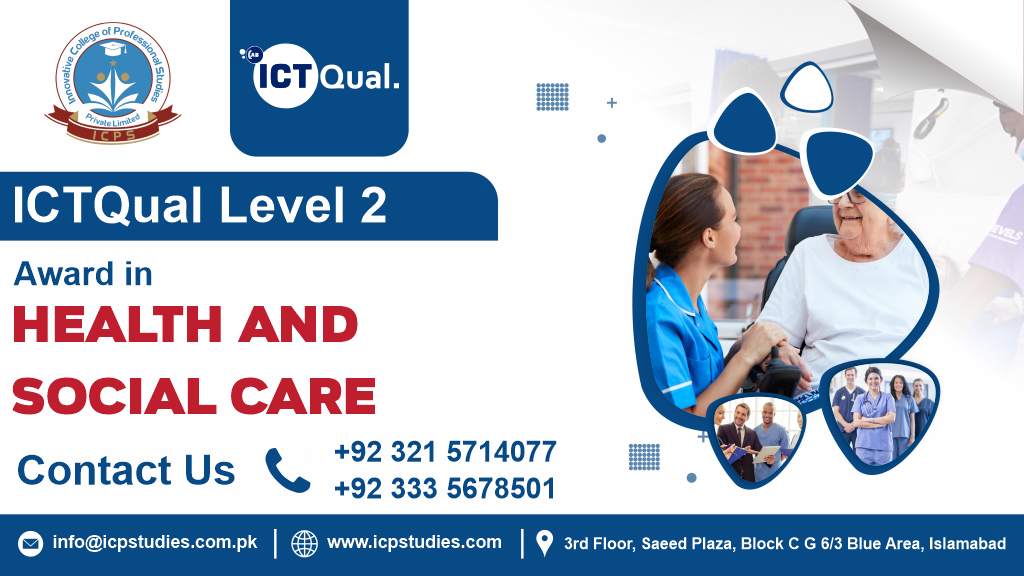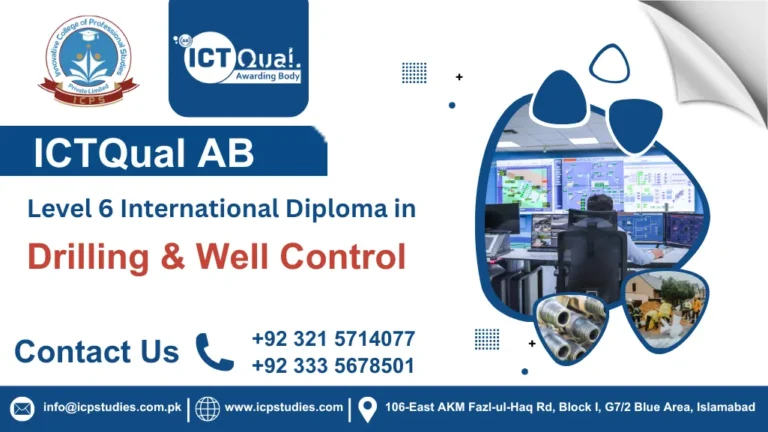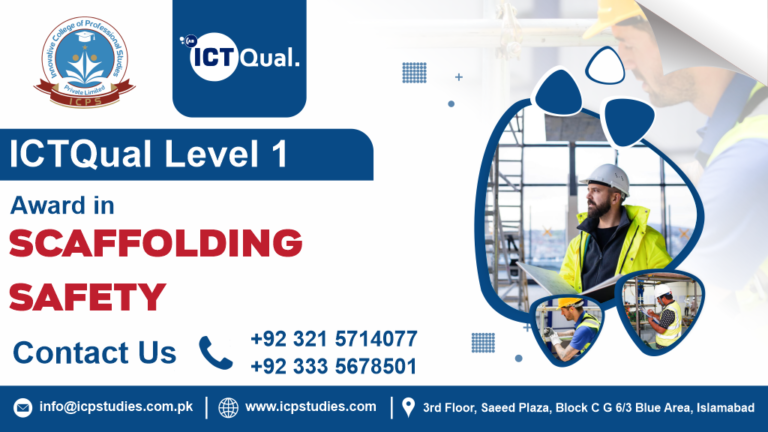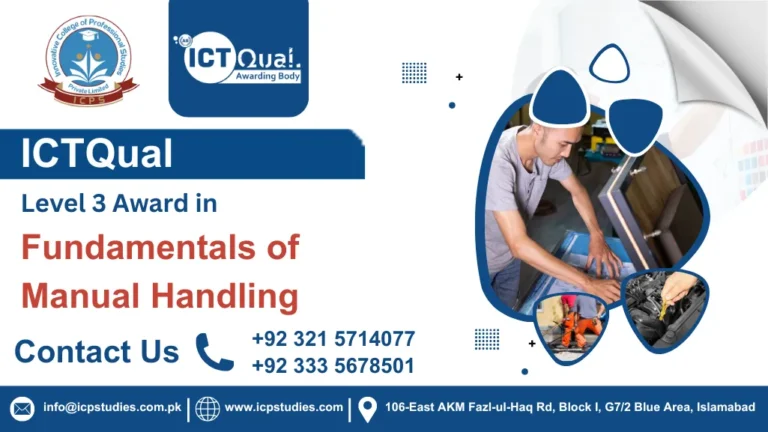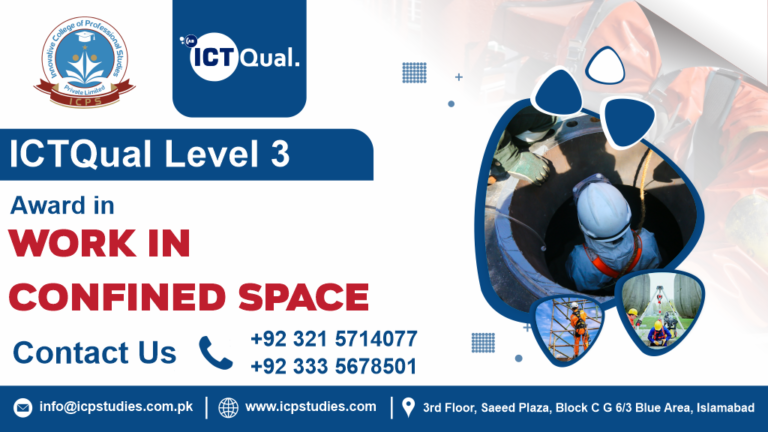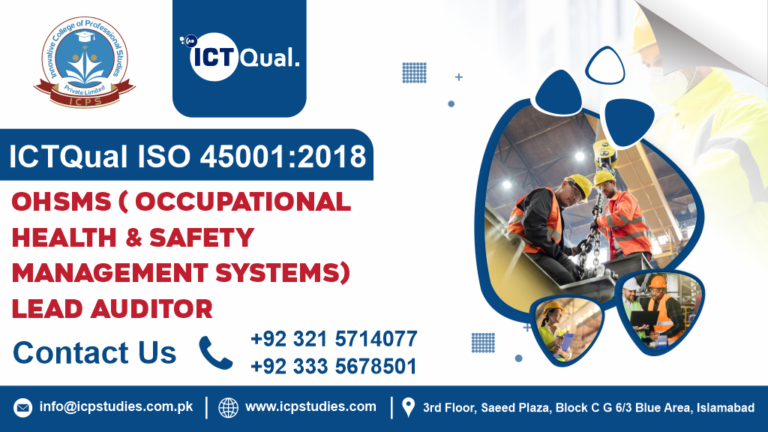As the health and social care sector continues to evolve, the demand for skilled professionals who can deliver high-quality care grows stronger. For those looking to build upon their foundational knowledge and advance their career in this vital field, the Level 2 Award in Health and Social Care offers an excellent opportunity. This qualification serves as a crucial step for individuals aiming to deepen their understanding of care principles and enhance their employability in various care settings.
The Level 2 Award in Health and Social Care is a more advanced qualification designed to provide learners with a deeper insight into the practical and theoretical aspects of health and social care. Building on the basics covered in the Level 1 Award, this course offers an opportunity to develop a more comprehensive understanding of care practices, regulations, and the skills required for effective care delivery.
The Level 2 Award in Health and Social Care is a valuable qualification for anyone looking to deepen their knowledge and enhance their career in this essential sector. By building on foundational skills and covering more advanced topics, this award prepares learners to take on more responsibility and make a greater impact in health and social care settings. Whether you’re aiming to advance your career or pursue further study, the Level 2 Award provides the critical knowledge and skills needed to succeed.
All About ICTQual Level 2 Award in Health and Social Care
Course Overview
The Level 2 Award in Health and Social Care is a recognized qualification designed to build upon foundational knowledge and provide a deeper understanding of the principles and practices essential for working effectively in the health and social care sector. This intermediate-level course is aimed at individuals who have a basic understanding of care practices and wish to expand their knowledge and skills to advance their careers or further their studies in the field.
The Level 2 Award in Health and Social Care is an essential qualification for individuals looking to deepen their expertise and advance their careers in the health and social care sector. By building on basic principles and exploring more complex topics, this award provides the knowledge and skills needed to succeed in a range of care roles and pursue further educational opportunities.
Study Units
- Communication in Health and Social Care
- Understanding Mental Health and Well-being
- Safeguarding and Protection in Care Settings
- Person-Centered Approaches in Health and Social Care
- Health and Safety in Health and Social Care Settings
- Promoting Equality and Inclusion in Health and Social Care
- Working in Partnership in Health and Social Care
To enroll in the ICTQual Level 2 Award in Health and Social Care, participants typically need to meet the following requirements:
- Age Requirement: Participants should be at least 16 years old.
- Basic Literacy and Numeracy: A good understanding of English, along with basic literacy and numeracy skills, is essential for completing the course.
- Interest in Health and Social Care: A genuine interest in working in the health and social care sector is beneficial.
- Course Registration: Participants must register for the course through an accredited training provider.
- Payment: Course fees must be paid as required by the training provider.
- Commitment to Attend: Participants should be prepared to attend the full duration of the course and complete any required assessments to receive certification.
Always check with the specific training provider for any additional or varying requirements.
The ICTQual Level 2 Award in Health and Social Care is designed for:
- Individuals New to Health and Social Care: Those looking to start a career in the sector.
- Entry-Level Workers: Individuals seeking foundational knowledge and skills in health and social care without prior experience.
- Support Staff: Those currently working in healthcare settings who want to formalize their understanding of care practices.
- Students: Young people exploring career options in health and social care.
- Volunteers: Individuals interested in volunteering in care settings who wish to gain basic knowledge.
- Parents and Guardians: Those looking to understand care principles that can assist them in supporting family members.
This course provides participants with essential insights into health and social care practices, preparing them for further studies or entry-level roles in the field.
Learning Outcome
1. Communication in Health and Social Care
Learning Outcomes:
- Effective Communication Techniques: Learners will be able to demonstrate effective communication techniques tailored to diverse audiences, including clients, families, and healthcare professionals.
- Active Listening Skills: Learners will be able to practice active listening skills, ensuring they understand and respond appropriately to the needs and concerns of individuals.
- Handling Communication Barriers: Learners will be able to identify and address common barriers to communication, such as language differences or sensory impairments, and implement strategies to overcome them.
- Documentation and Reporting: Learners will be able to accurately document and report information in a clear, concise, and confidential manner, adhering to professional standards.
2. Understanding Mental Health and Well-being
Learning Outcomes:
- Mental Health Concepts: Learners will be able to explain key concepts related to mental health and well-being, including common mental health conditions and their impact on individuals.
- Recognize Signs and Symptoms: Learners will be able to identify signs and symptoms of mental health issues and understand their effects on daily functioning and quality of life.
- Support Strategies: Learners will be able to describe and apply supportive strategies and interventions to assist individuals with mental health challenges, promoting their overall well-being.
- Mental Health Legislation: Learners will be able to discuss relevant legislation and policies related to mental health care and understand their implications for practice.
3. Safeguarding and Protection in Care Settings
Learning Outcomes:
- Understanding Safeguarding Principles: Learners will be able to explain the principles and importance of safeguarding and protecting individuals in care settings.
- Recognize Abuse: Learners will be able to identify different types of abuse and neglect, including signs and indicators, and understand the potential impact on individuals.
- Reporting Procedures: Learners will be able to describe the procedures for reporting concerns or incidents of abuse, ensuring that appropriate actions are taken in line with safeguarding policies.
- Creating Safe Environments: Learners will be able to implement practices and procedures to create a safe and secure environment for individuals in care settings.
4. Person-Centered Approaches in Health and Social Care
Learning Outcomes:
- Principles of Person-Centered Care: Learners will be able to explain the principles of person-centered care, including respect for individual preferences and autonomy.
- Developing Care Plans: Learners will be able to develop and implement care plans that are tailored to the specific needs and preferences of individuals, ensuring their active involvement in decision-making.
- Evaluating Care: Learners will be able to assess and evaluate the effectiveness of person-centered care approaches, making adjustments as needed to improve outcomes for individuals.
- Promoting Dignity: Learners will be able to demonstrate practices that promote the dignity and respect of individuals receiving care.
5. Health and Safety in Health and Social Care Settings
Learning Outcomes:
- Health and Safety Protocols: Learners will be able to identify and apply key health and safety protocols and practices specific to health and social care settings.
- Risk Assessment: Learners will be able to conduct risk assessments to identify potential hazards and implement measures to mitigate risks and ensure a safe environment.
- Infection Control: Learners will be able to apply infection control procedures, including proper use of personal protective equipment (PPE) and hygiene practices.
- Emergency Procedures: Learners will be able to describe and respond to emergency situations, including first aid and evacuation procedures, ensuring the safety of individuals in care settings.
6. Promoting Equality and Inclusion in Health and Social Care
Learning Outcomes:
- Understanding Equality and Inclusion: Learners will be able to explain the concepts of equality, diversity, and inclusion, and their significance in health and social care.
- Addressing Discrimination: Learners will be able to identify and address instances of discrimination and bias, promoting an inclusive environment for all individuals.
- Implementing Inclusive Practices: Learners will be able to apply inclusive practices in care settings, ensuring that all individuals receive fair and equitable treatment.
- Respecting Diversity: Learners will be able to demonstrate respect for diversity by accommodating individual differences and adapting care practices to meet diverse needs.
7. Working in Partnership in Health and Social Care
Learning Outcomes:
- Understanding Partnership Working: Learners will be able to describe the principles and benefits of working in partnership with individuals, families, and other professionals in health and social care settings.
- Effective Collaboration: Learners will be able to demonstrate effective collaboration and communication skills to work successfully with various stakeholders, including multidisciplinary teams.
- Conflict Resolution: Learners will be able to identify potential sources of conflict in partnership working and apply strategies to resolve disputes and maintain positive working relationships.
- Shared Goals and Objectives: Learners will be able to establish and work towards shared goals and objectives, ensuring that all parties involved contribute to the overall success of care plans and outcomes.
These learning outcomes ensure that learners of the Level 2 Award in Health and Social Care acquire the essential knowledge and practical skills needed to excel in their roles and contribute effectively to the well-being and care of individuals in various settings.
FAQs about ICTQual Level 2 Award in Health and Social Care

